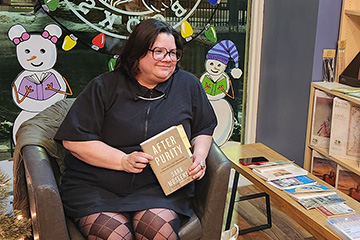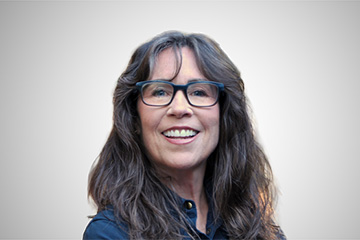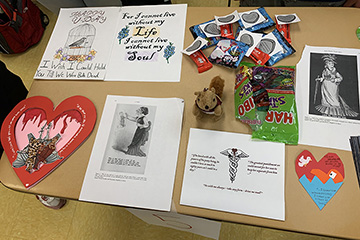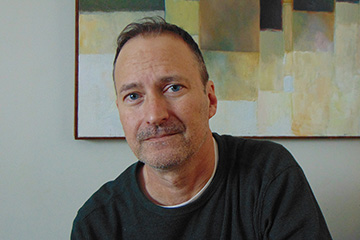CMU students study world languages through national award
Critical Language Scholarship helps students understand diverse cultures
Three Central Michigan University students were awarded this year's Critical Language Scholarship, a U.S. State Department initiative to increase the number of Americans studying and communicating in critical foreign languages, such as Arabic, Chinese, Japanese and Punjabi.
Receiving this scholarship gives students an opportunity to be more competitive in the job market nationally and internationally due to the experience they receive, said Christi Brookes, scholarship advisor and French professor at CMU.
"These scholars are well-poised applicants for jobs related to these languages in diplomacy, national security and agencies working across borders," Brookes said.
Meet CMU's three scholarship winners:
Alexandra DeLellis
A sophomore from Mount Pleasant, Michigan, DeLellis will study Russian at the KORA Russian Language Center in Vladimir.
DeLellis is a heritage speaker — a child of immigrants who speaks another language with one or both parents. She knows enough of the language to outpace intro classes but not enough to be in advanced classes.
"The CLS is going to help me recover my ability to communicate with my family and reconnect with my culture," she said.
An economics major, DeLellis also connects this opportunity to her future.
"Economics is such an essential area of study because it impacts every area of life," she said.
DeLellis hopes to work with or in Central Asian countries where Russian is used as a language of business.
"I encourage other students to apply for things they think they won't receive," she said. "It's much better to turn down an opportunity instead of never letting it happen."
Michael Buzzy
Buzzy is an Honors Program sophomore from Trenton, Michigan, who will study Persian at the Dushanbe Language Center in Tajikistan.
A political science and philosophy double major, Buzzy is most excited to gain cross-cultural experience. In the future, he plans to attend law school and eventually wants to work in international diplomacy.
The most important thing to Buzzy is making connections with the people around him.
"What is all of this even for if you can't say you achieved a connection with another person?" he asked.
Buzzy attributes his success to support from faculty and staff throughout campus.
"Everything comes down to the people," he said. "I feel valued as a person and valued at CMU and in the Honors Program."
Emily Dimet
A graduate student from Stanton, Michigan, Dimet will study Punjabi at the American Institute of Indian Studies in Chandigarh, India. Dimet is working toward her Master of Science in Administration degree with a concentration in international administration.
Before becoming a CLS scholar, she applied for a Boren Fellowship and was awarded the opportunity to travel to India to study Hindi for a year.
"I love the study of culture and anything that relates to communication and interaction," Dimet said. "Cultural values are fascinating. The more that you understand what people's environments are like and what they value, it helps you understand why they do things the way that they do."
Helping students experience opportunities that open their minds is her passion. Through international exchange programs and studies, Dimet wants to help organize cross-cultural experiences for students.
About the Critical Language Scholarship
The Critical Language Scholarship is open to students in all disciplines and majors. The CLS Program typically receives 5,500 applications for 550 available scholarships.
Recipients receive a full-ride scholarship to a highly accredited language institute for the summer after they receive the award. Typically, recipients would travel to the country. This year classes will be offered virtually.
Brookes said CLS is important to understanding diverse cultures through language.
"We have Google Translate, but that doesn't get at the subtleties of learning a language or operating with its rules," she said. "CLS gets at what you can't get to with technology."
This story was written by University Communications intern, Eva Steepe.




